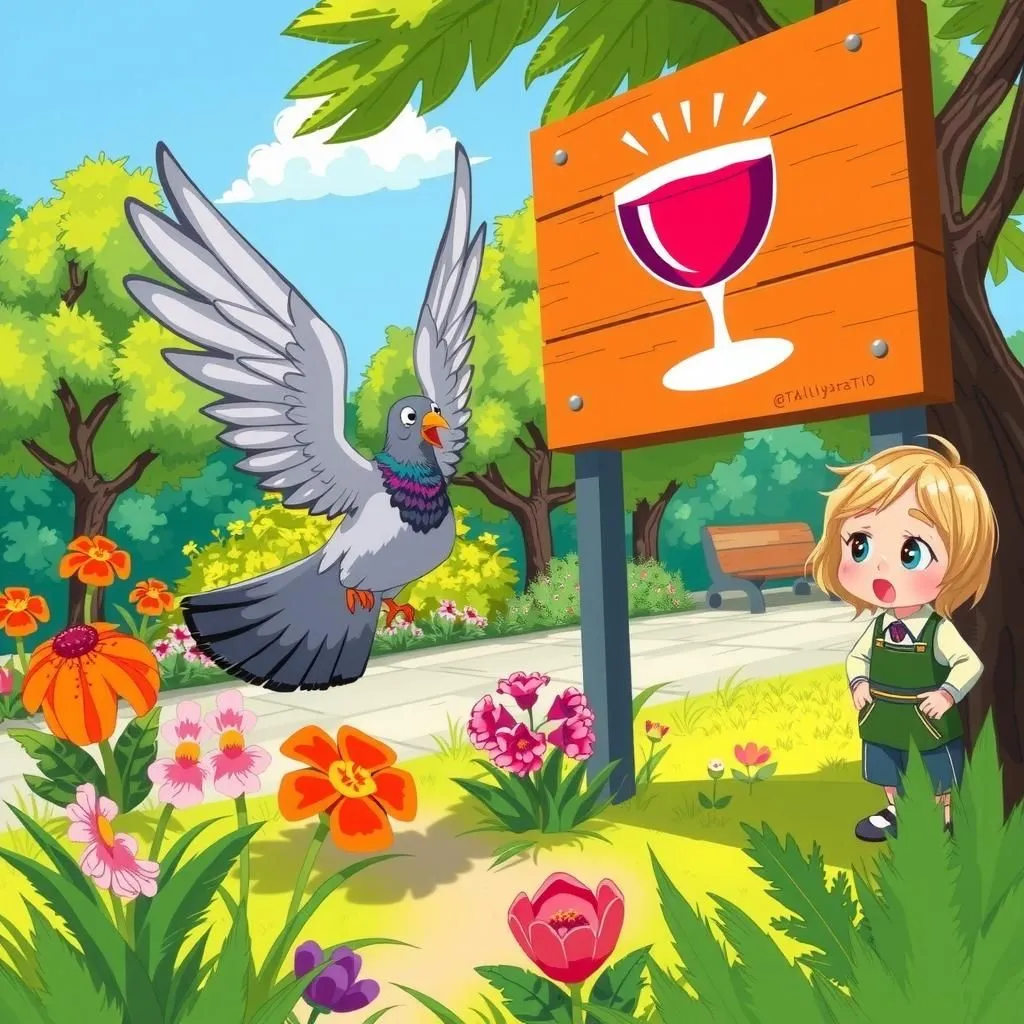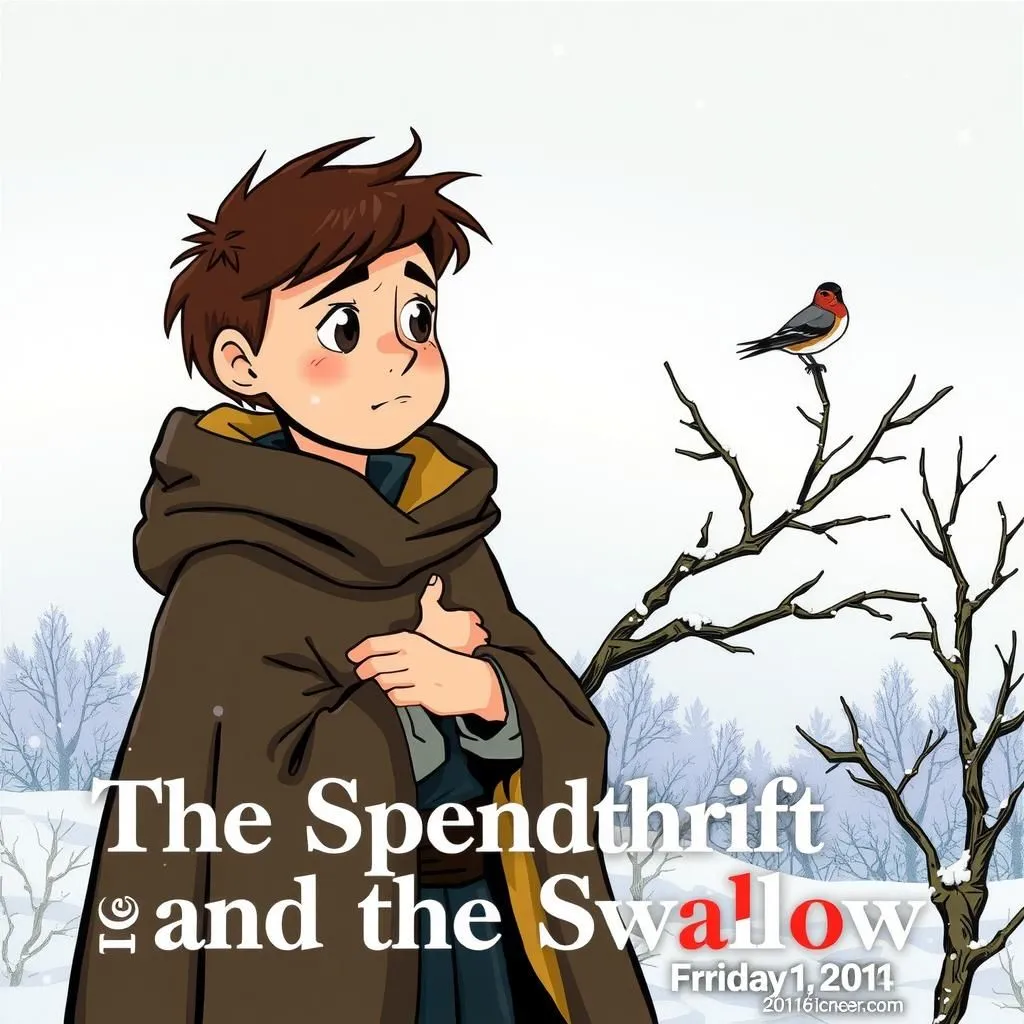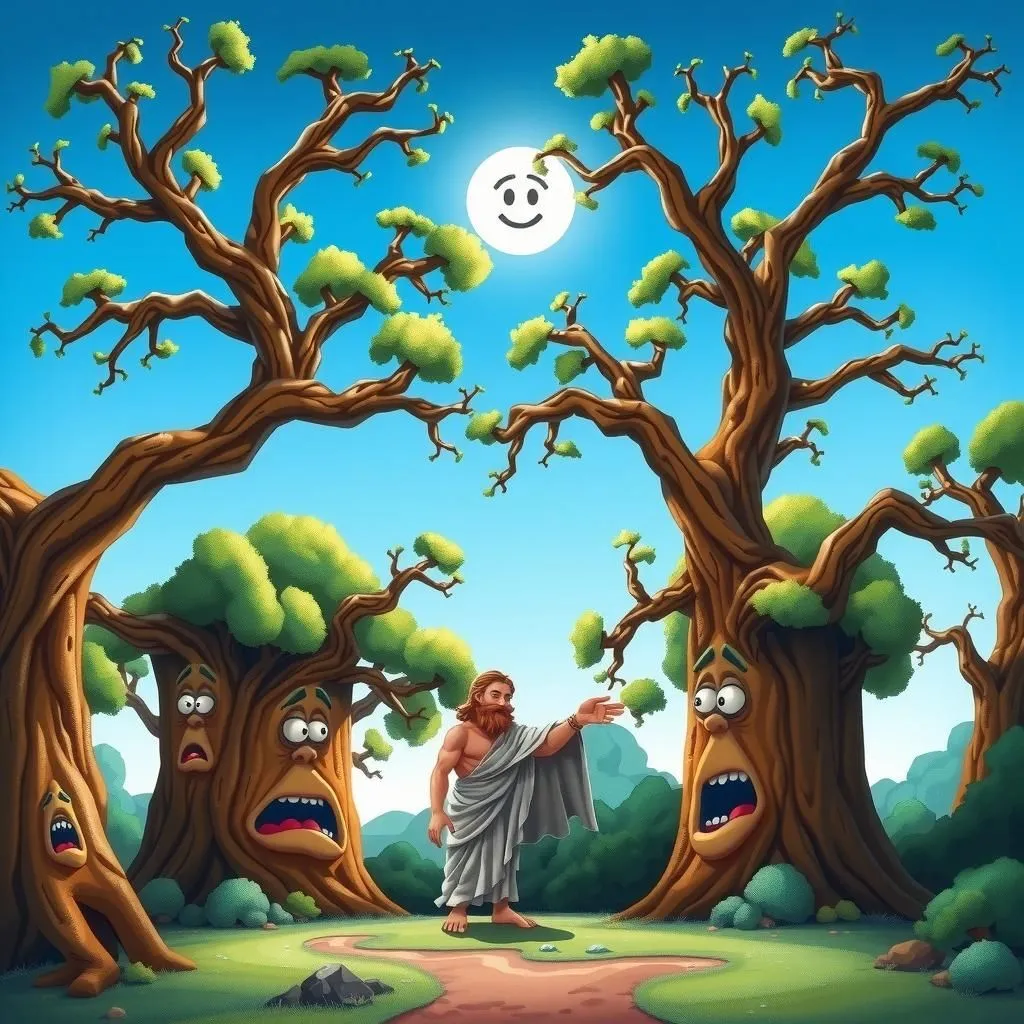
The Thirsty Pigeon
In "The Thirsty Pigeon," a moral story that serves as a cautionary tale for children, a pigeon, desperate for water, mistakenly believes a painted goblet on a signboard is real and crashes into it, injuring herself. Captured by a bystander, her plight illustrates the importance of discretion over impulsive actions, making it a valuable lesson found in motivational stories with moral for class 7.


